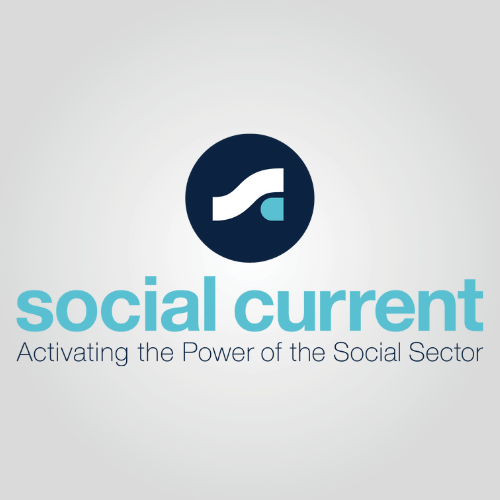Government Affairs and Advocacy
Social Current Unveils 2024 Federal Policy Priorities
Social Current, a leading advocate for the social sector, has announced the release of its 2024 Policy Priorities, which represent key areas of focus from the 2022-2024 Federal Public Policy Agenda for the year. This document provides a strategic roadmap aimed at enhancing the effectiveness, resilience, and impact of human and social service organizations across the U.S.
As the social sector faces evolving challenges and opportunities, Social Current’s priorities for the year hone in on government contracting reform, government grantmaking reform, and bolstering the overall health of the social sector.
2024 Policy Priorities Highlights
- Federal and State Government Contracting Reform: Advocacy efforts will center on reforming government contracting processes to ensure equitable treatment, enhance operational effectiveness, and foster stronger partnerships between social service organizations and government agencies. Special emphasis will be placed on creating streamlined application processes and standardizing contracts with flexible delivery approaches.
- Government Grantmaking Reform: Social Current advocates for the passage of the Streamlining Federal Grants Act to improve the efficiency, accessibility, and effectiveness of the federal grantmaking process. Efforts will include building a coalition of support, increasing public awareness, and engaging in effective congressional advocacy.
- Advancing Organizational Resilience Through Regulatory Reform: We will advance strategies to support workforce development; reduce administrative burdens; and promote reliable, flexible, direct, and sustainable financing. These strategies include advocating for tax incentives for nonprofits that invest in employee health and wellness programs, simplifying compliance requirements, and proposing changes to incentivize private donations and investments.
“This year marks a pivotal moment for our organization as we intensify our advocacy and strategic efforts,” stated Blair Abelle-Kiser, senior director of government affairs. “Through championing significant legislative reforms and advocating for systemic improvements, we are committed to fostering a more supportive, innovative, and resilient environment for human and social service organizations. Our collective endeavors will strengthen the operational capacities of these organizations and magnify their impact on communities nationwide.”
“While representing our key areas of focus, Social Current will continue to advance and collaborate on advocacy efforts that support the organizations in our network and the sector,” said Jody Levison-Johnson, president and CEO.
The 2024 Policy Priorities document is a testament to Social Current’s commitment to leading the charge for meaningful change in the social sector. By addressing these key areas, Social Current aims to ensure that human and social service organizations continue to be powerful forces for positive change in society.
Advocacy Amplified Training and Hill Day
Build your skills and confidence to advocate for your organization and communities by participating in Social Current’s upcoming public policy and advocacy training and Hill Day, June 11-13 in Washington, D.C. The two-day training will culminate in the Hill Day event, where participants will meet with their legislators. New and seasoned advocates are encouraged to participate. Social Current will handle all the meeting logistics, so you can focus on connecting with your elected officials.



